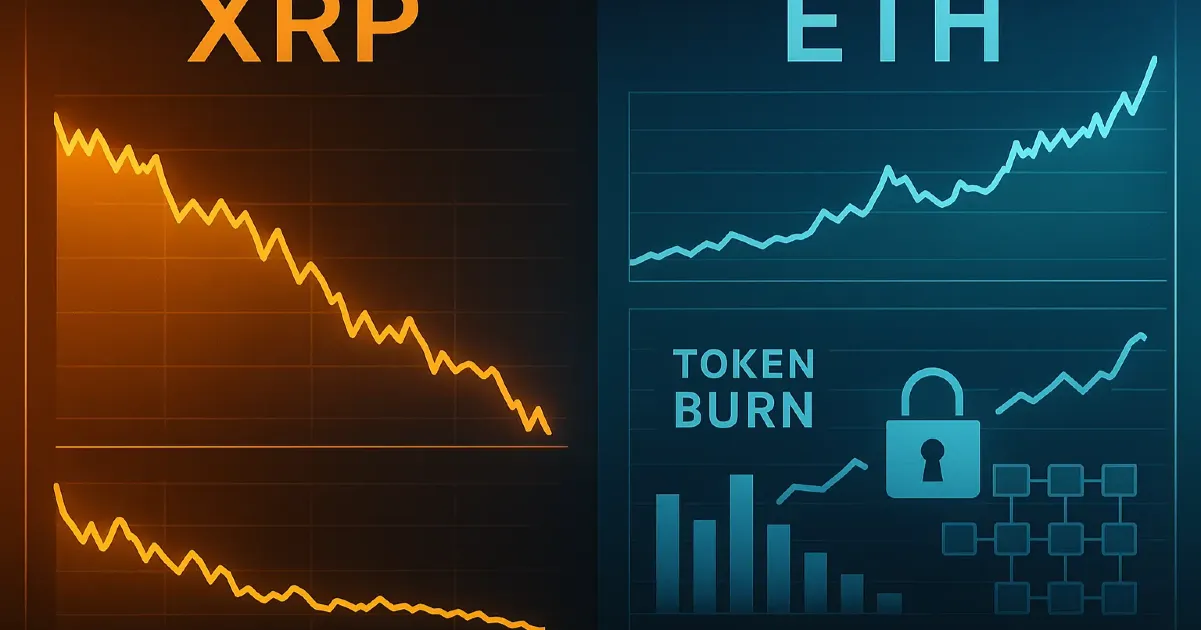In recent years, cryptocurrencies and Web3 technologies have been the latest talk of the town across the nation. As the nation rapidly adopted these innovations, India has taken its promise of being the leader. With a robust startup scene, a growing numb
In recent years, cryptocurrencies and Web3 technologies have been the latest talk of the town across the nation. As the nation rapidly adopted these innovations, India has taken its promise of being the leader. With a robust startup scene, a growing number of developers, and strong support from the accelerator programs, India is on track to lead the Web3 space by 2027.
However, despite this growth, the country’s future in the cryptocurrency sector is challenged by strict regulations and complex policies.
India And The Global Crypto Market
The 2024 ConsenSys survey states that about 50% of Indians own a crypto wallet, reflecting the country’s strong growth in the crypto space. Even in the retail investment market, a huge volume of trading is ongoing. It is witnessed that users on platforms like CoinDCX and WazirX, which are centralized exchanges, are growing interested in blue-chip cryptocurrencies such as Bitcoin and Ethereum.
India ranks on top with the developed nations US and the UK in on-chain adoption, with support from international Web3 funds and partnerships with leading blockchain projects like Ethereum, Polygon, and Avalanche.
India will keep doing well in the Web3 ecosystem if these kinds of global support and collaborations keep happening.
What About the Startup Scenario?
The most important asset that any country can have is its youth, and the youth in India is very much inspired by the startup culture, resulting in over 1,000 startups actively working on innovative blockchain solutions across various sectors, including finance, infrastructure, and entertainment.
According to a report from Hashed Emergent, India’s Web3 startups have crossed over $3 billion in funding since 2020, with $462 million raised in the first nine months of 2024 alone. A positive sign of a market boom is clearly visible in the 82% increase in investment compared to the previous year.
In the web3 space, nearly 12% of global crypto developers are based in India. The country is set to become the world’s largest crypto developer base by 2027, surpassing the United States. Polygon, Push Protocol, CoinDCX, Zebpay, Biconomy, etc are examples of some successful startups from India impacting the Web3 ecosystem globally.
India’s Crypto Future: Opportunities and Challenges
The anti-crypto regulatory framework of India remains a significant challenge for the growing ecosystem of Web3. The complexity of the tax regime and an ambiguous stance toward cryptocurrencies discourage both investors and developers, which leads to a shift of investments and technology enhancements in other pro-crypto countries like Japan, Dubai, etc.
Crypto taxation is one of the significant downsides of these policies, where cryptocurrency profits in India are taxed at a flat 30% rate, and 1% TDS (Tax Deducted at Source) is applied on each transaction. This implies that any profit made will attract a 30% tax, and 1% will be deducted with every trade. Losses from crypto cannot be offset against other profits, and no deduction for trading fees or expenses is allowed.
2024 has seen a boom in crypto activity, particularly on centralized exchanges like CoinDCX, WazirX, etc. Looking ahead, India’s vibrant startup ecosystem, with most youth interested in tech and increasing interest in DeFi, NFTs, and Web3 gaming, positions it to be a major player in the global crypto market. For India to fully realize this potential, clear regulations and sustained government support will be essential.
About the Author
Otwell
Related Articles

XRP’s 19% Pullback Was a Healthy Dip, While Ether’s Shrinking Supply Powers Bigger Optimism

How Blockchain Compliance Tools Could Transform Traditional Finance: Chainlink’s Bold Bet




